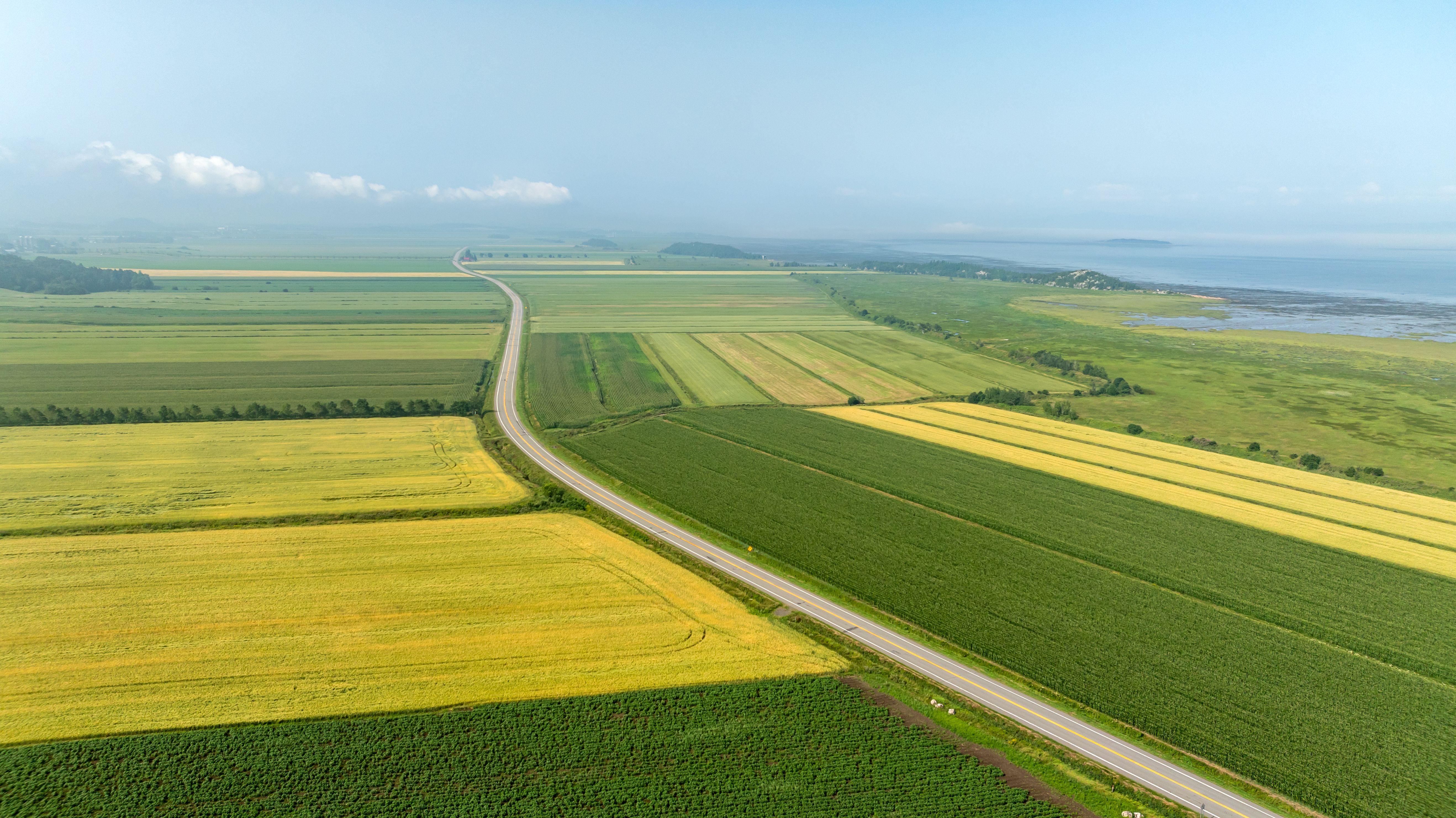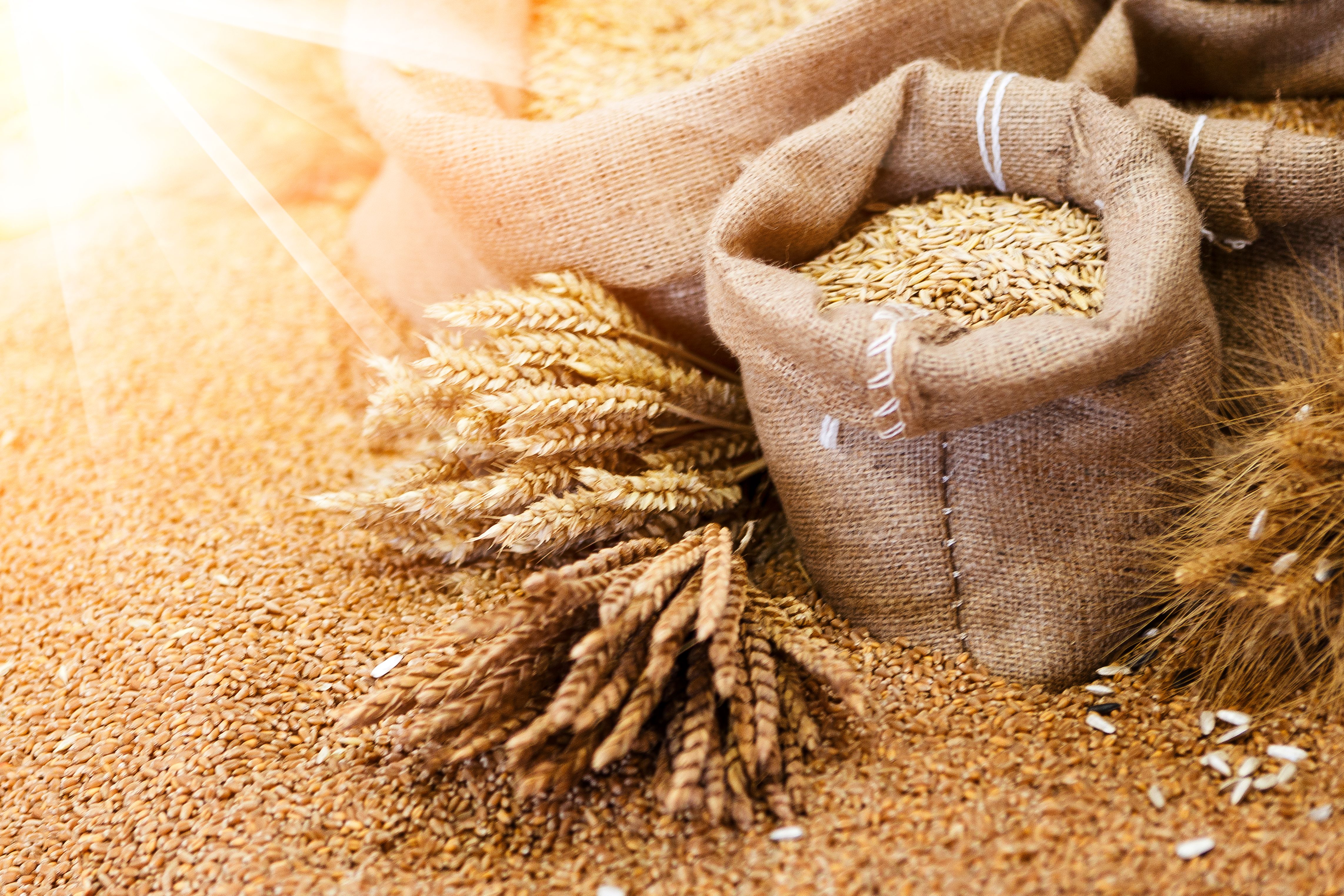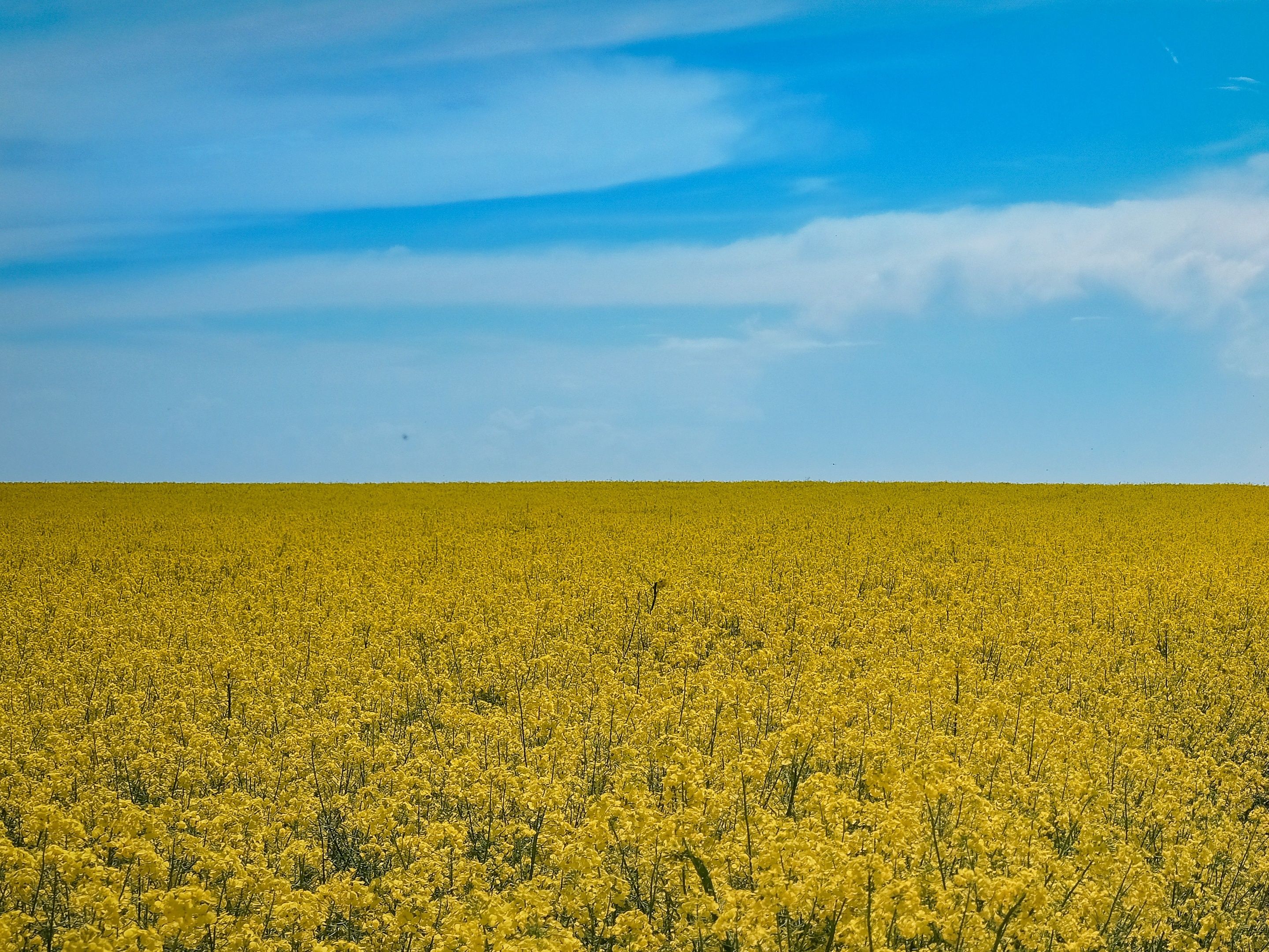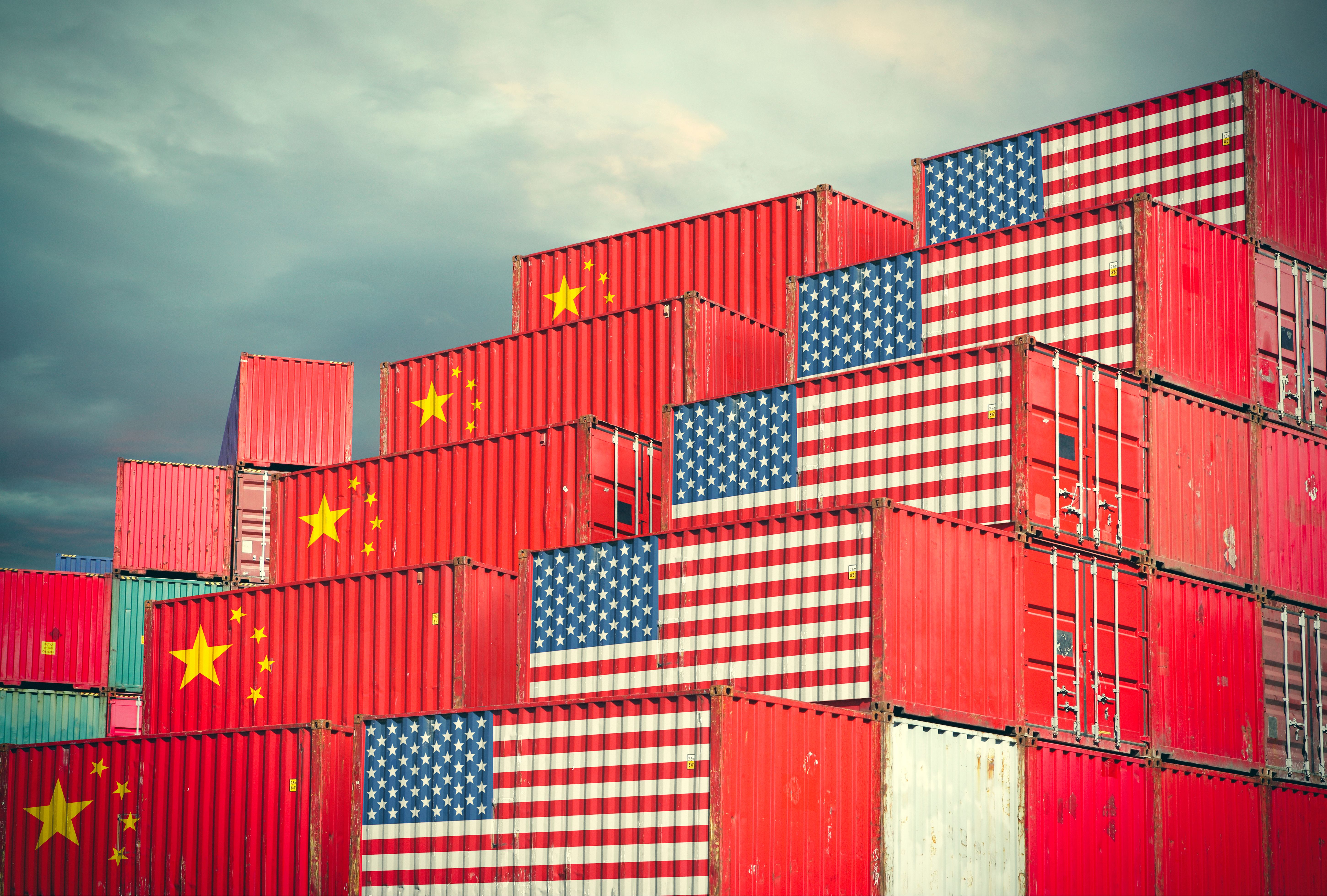Global Agricultural Exports: The Role of Russia and Ukraine
Introduction to Global Agricultural Exports
In the interconnected world of agriculture, global exports play a crucial role in stabilizing food supplies and boosting economies. Among the key players in this arena are Russia and Ukraine, both of which have emerged as significant contributors to the global agricultural market. Their geographical location, rich soil, and favorable climate conditions have positioned them as agricultural powerhouses.
As global demands fluctuate, understanding the dynamics of their agricultural export contributions is essential for stakeholders across the supply chain. From wheat to sunflower oil, the influence of these countries cannot be underestimated.

Russia's Agricultural Contributions
Russia has long been recognized as a leading exporter of grains, particularly wheat. Over the last decade, it has consistently been among the top three wheat exporters worldwide. This dominance is attributed to its vast agricultural lands and advancements in farming technology. The Russian government has also supported initiatives to increase agricultural productivity, further enhancing its global market position.
Besides wheat, Russia’s export portfolio includes barley, corn, and sunflower oil. These commodities are in high demand across Asia, Africa, and Europe, proving invaluable for meeting the dietary needs of millions.

Challenges and Opportunities
While Russia enjoys significant successes, it also faces challenges such as logistical constraints and geopolitical tensions. However, these challenges present opportunities for innovation and strategic partnerships, which could further solidify its role in global markets.
Ukraine's Agricultural Impact
Ukraine is often referred to as the "breadbasket of Europe" due to its fertile soil and favorable growing conditions. It is a major exporter of grains, with wheat, corn, and barley leading its export list. Ukraine’s agricultural sector has witnessed substantial growth, driven by investments and reforms aimed at enhancing productivity.
The strategic location of Ukraine provides easy access to major trade routes, facilitating efficient distribution across Europe and beyond. This geographical advantage, coupled with a competitive pricing strategy, helps Ukraine maintain its status as a key agricultural exporter.

Economic and Environmental Considerations
Despite its achievements, Ukraine faces economic and environmental challenges that could impact its agricultural exports. Issues like soil degradation and economic instability are areas of concern. Addressing these challenges through sustainable practices and economic reforms can ensure long-term growth and stability in its agricultural sector.
The Global Implications
The contributions of Russia and Ukraine to global agriculture extend beyond mere numbers. They play a vital role in food security for many nations. Disruptions in their exports could lead to significant impacts on global food prices and availability.
As climate change continues to affect crop yields worldwide, the reliability of these two countries as food suppliers becomes even more critical. Adaptation strategies and international cooperation will be pivotal in maintaining their contributions to global food security.

Conclusion
The role of Russia and Ukraine in global agricultural exports is undeniable. Their ability to produce and distribute large quantities of essential commodities has far-reaching implications for food security and economic stability worldwide. As both countries navigate challenges and opportunities, their continued cooperation with international partners will be key to sustaining their pivotal roles in global agriculture.
